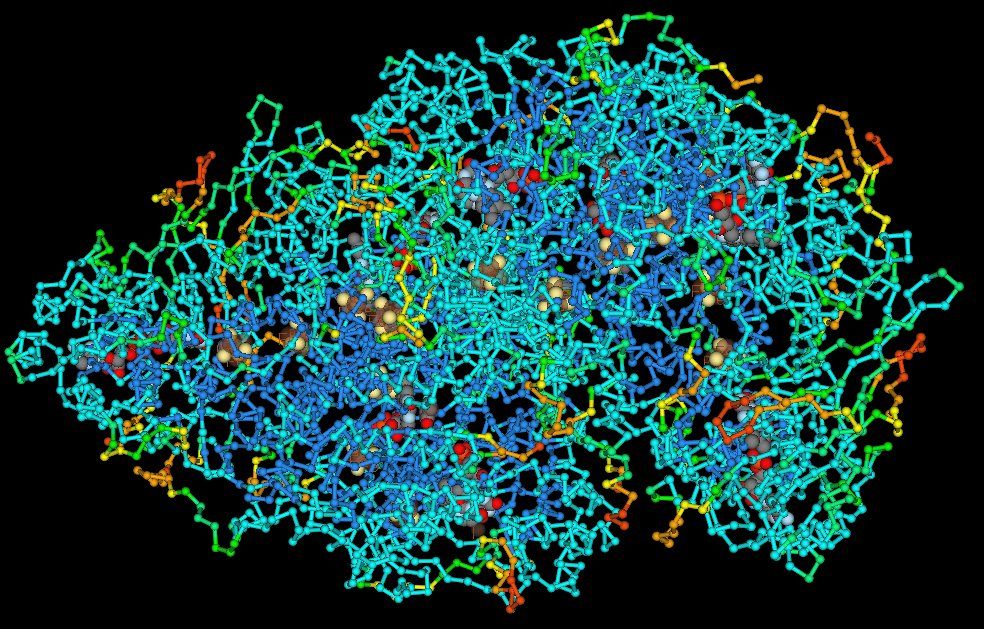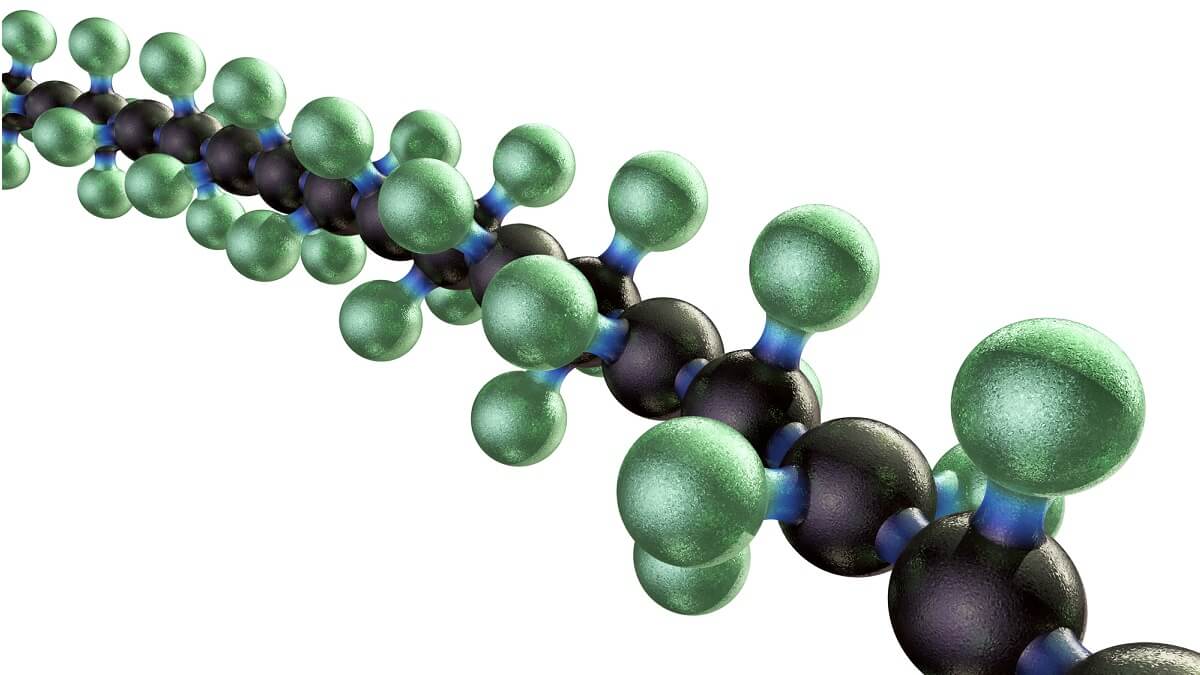Leading Uses Polymers: Enhancing Everyday Products
Leading Uses Polymers: Enhancing Everyday Products
Blog Article
Discovering the Varied Applications and Benefits of Polymers in Different Industries
Polymers, with their diverse variety of homes and capabilities, have actually come to be crucial in various sectors, each reaping distinct benefits from their application. Polymers. From enhancing safety and performance in the automotive market to revolutionizing medical tools in the medical care sector, polymers play a crucial function. Additionally, their eco-friendly nature is altering the landscape of sustainability techniques. As we delve right into the midsts of polymers in electronics, we uncover cutting-edge innovations, while their architectural stability transforms the realm of construction and framework. The prevalent influence of polymers throughout markets is a testimony to their convenience and versatility, shaping the future of countless fields.
Automotive Field Applications
Polymers play a critical function in boosting the performance and resilience of different elements within the auto sector. One popular use of polymers in the automobile sector is in the manufacturing of lightweight components.

Healthcare Market Benefits
In numerous medical care applications, the benefits of making use of polymers are widely recognized for their varied range of beneficial properties. Polymers play a vital duty in the healthcare sector due to their flexibility, biocompatibility, and cost-effectiveness. Among the key advantages of polymers in health care is their capacity to be tailored to particular demands, such as flexibility, toughness, and biodegradability, making them ideal for a large range of clinical applications.
Polymer-based products are extensively utilized in clinical devices, such as catheters, implants, prosthetics, and drug delivery systems, due to their biocompatibility and ability to simulate all-natural cells. These products can minimize the risk of allergies or rejections, boosting person security and results. Additionally, polymers are light-weight, making them suitable for wearable medical devices and making sure patient comfort.
Furthermore, polymers allow the development of innovative treatment approaches, such as hydrogels for tissue design and nanocomposites for targeted drug shipment. Their ease of processing and sterilization makes them vital for maintaining high requirements of health in healthcare settings. In general, the diverse benefits of polymers add substantially to advancements in clinical innovation and individual treatment.
Environmental Benefits of Polymers

Furthermore, polymers can add to power cost savings because of their light-weight nature. In sectors such as transport, lightweight polymer products can help minimize gas intake and greenhouse gas discharges. Additionally, polymers can allow the development of energy-efficient products such as insulation materials that improve energy preservation in buildings.
Furthermore, polymers play a critical role in lowering water pollution. For example, the usage of polymer-based purification systems can efficiently eliminate contaminants and contaminants from wastewater, guarding water sources and ecological communities. Generally, the environmental benefits of polymers make them important assets in advertising sustainability and environmentally friendly practices across various industries.
Polymers in Electronic Devices and Modern Technology
Taking into consideration the increasing need for cutting-edge and lasting image source solutions in modern industries, the integration of sophisticated polymer innovations in the realm of electronics and innovation has emerged as a crucial approach for driving effectiveness and performance. Polymers have changed the electronic devices sector by allowing the production of lighter, a lot more versatile, and long lasting digital devices. From smartphones to medical devices, polymers play a crucial function in boosting product style and capability.
One substantial advantage of polymers in electronics is their insulating residential or commercial properties, which help secure delicate digital parts from environmental factors and electric interference. Additionally, polymers are necessary in the growth of flexible displays, wearable technology, and published electronic devices, supplying limitless possibilities for producing smart and interconnected gadgets.
In addition, using polymers in digital packaging has brought about developments in miniaturization and thermal administration, improving the general performance and integrity of electronic systems. As technology proceeds to advance, the adaptability and adaptability of polymers will definitely drive further technology in the electronic devices market, forming the future of technology.
Function of Polymers in Construction and Facilities
The combination of innovative polymer materials in building and construction and facilities tasks has go to website actually changed the way frameworks are created and constructed in modern times. Polymers provide numerous advantages in the building market as a result of their versatility, longevity, and cost-effectiveness. One key function of polymers in construction is their usage in coatings and sealers, supplying security versus environmental aspects such as wetness, UV radiation, and rust. Furthermore, polymers are made use of in the production of lightweight and high-strength composite products, enhancing the structural stability of structures while minimizing overall weight.
Moreover, polymers play a critical role in lasting construction practices by enabling the growth of energy-efficient structures. Shielding materials made from polymers aid manage indoor temperature levels, minimizing the requirement for home heating and cooling systems and ultimately decreasing energy intake Find Out More - Polymers.
Conclusion
To conclude, polymers play a vital role in numerous sectors such as automobile, healthcare, environmental, electronics, and construction. Their functional residential or commercial properties make them important in developing ingenious remedies and items. From improving gas effectiveness in vehicles to boosting clinical gadgets, polymers use various benefits. Additionally, their effect on reducing waste and promoting sustainability highlights their relevance in modern applications. The prevalent use polymers shows their substantial payment to progressing innovation and improving lifestyle.
Report this page